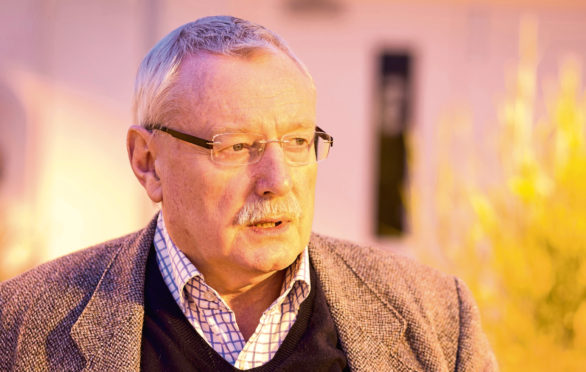A new rural enterprise university could be the catalyst for a £4.5 billion boost to the Scottish economy, according to a new report.
Countries including Norway, the Netherlands, Sweden and New Zealand enjoy significant advantages over Scotland, in terms of better productivity in the agricultural and primary sectors, as well as much greater research and development (R&D) investment, it says.
The report – from Midlothian-based consultancy BiGGAR Economics – suggests an enterprise university for Scotland’s rural sector would deliver “substantial” benefits.
BiGGAR calculated the gross value added (GVA) economic value per job in Scotland is £26,104, compared with £55,263 in the Netherlands and £85,862 in Norway.
At the same time, R&D investment into the primary and agricultural sectors across the UK was also shown to be significantly lower than the other nations being benchmarked – just £5.73 per capita for the UK, against £26.28 in the Netherlands and £45.987 in Norway.
The report outlines the opportunity for Scotland to put systems in place to match the other countries studied, with an enterprise university for the rural sector a core component, saying these could be worth an additional £4.5bn GVA per annum to Scotland’s economy.
Professor Wayne Powell, chief executive and principal of Scotland’s Rural College, which aims to transform itself into a rural university said: “This report provides a compelling analysis of the prize on offer to maximise the potential of our rural economy.
“The establishment of an enterprise university for Scotland’s rural sector is at the heart of this vision.
“By looking outside we can see clearly that the other countries studied in the report have rural universities which drive innovation and economic growth in the rural sectors.
“In these comparator countries, a rural university offers a global outlook but is connected to the local rural landscape and heritage, helping translate and transfer knowledge into practice that benefits the domestic economy.
“We envisage an enterprise university for the rural economy in Scotland that leads innovation and sustainable development, whilst providing world-class education, research, skills development and consulting.”
